By Soh Rui Yong
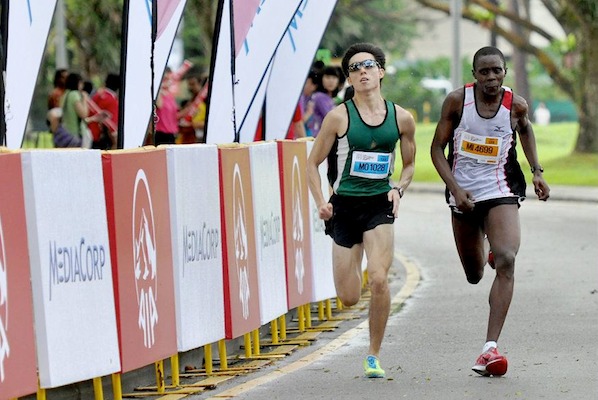
Rui Yong in a final 100m sprint against David Kipkoech Kipsang of Kenya. Rui Yong pulled ahead of Kipsang but the Kenyan fought back to win by a step. Kipsang clocked a time of 31min 46.81sec, 0.26s ahead of Rui Yong, who clocked 31:47.07. (Photo © Dave Poh. Used with permission)
“What time is it?” I wondered to myself as I struggled to open my eyes in the dead of night. A violent clap of thunder had rudely awakened me, and it took a while before I finally summoned enough energy to roll onto my side and check the time on my mobile phone.
I had not looked out the window, but I could hear that it was raining cats and dogs outside.
“3.30am,” it read — a full hour and 45 minutes before I was due to wake up for the Jurong Lake Run.
Grumbling to myself, I dragged myself out of bed to use the restroom, before getting back into bed and trying to fall asleep again. Unfortunately, the excitement and anticipation of the race ahead had already crept into my subconscious, and I lay in bed fully awake, heart beating fast, till 5.15am.
I was annoyed about not being able to get back to sleep, but it was not the first time I had trouble sleeping before a race and from experience, I knew that I would be okay. After quick shower and a light breakfast, I began my journey to the race venue.
Meeting up with my friends and training partners Yen Bing, Xinqi, Junwei and Suriya, we stored our items in Suriya’s car and began our warm-up routine by jogging to the start line. Once there, we proceeded to commence with our stretching exercises and drills, before ending our warm up with a few striding runs.
It was then time to squeeze our way as close to the front of the starting pack as possible. As we began to push our way through the crowd, I spotted a Kenyan runner also making his way to the front. Thinking quickly, I signaled to my teammates to follow me, and proceeded to follow the Kenyan.
My plan worked. Seeing the Kenyan approach, the crowd of runners parted like the Red Sea, opening a clear path to the front of the pack. Tailing him closely, we had a clear path as well, thus saving us the trouble of having to push our own way to the front. Once there, I found a space in between two of my running pals, Colin Tung and Hafiz Hamdan, and proceeded to catch up with them.
The race organisers were in the process of a final run-through of the race route, making sure it was safe for us runners to pass through. Unknown to us at that point of time, a 300m loop in the Japanese Gardens had been found to be very slippery due to the heavy downpour, and was thus omitted in a last-minute call.
Standing at the start-line, I immersed myself in my own thoughts and began to prepare myself mentally for the battle ahead. Not being a frequent racer on the road circuit, it had been almost nine months since I had last taken part in a 10km road race. I was quietly confident that I had improved tremendously since then.
Since finishing my national service (NS) stint in December, I had devoted much more time and effort into my training programme. The additional time on my hands, coupled with being able to get more rest and recover better in between sessions, allowed me to train much harder than I could when bogged down with military duties. This allowed me to take on heavier and more physical demanding workouts, which in turn helped me to build up my strength and speed at an accelerated rate.
However, finishing NS and embarking on a new stage of life presented its own share of challenges and distractions. For one, I had to find a job to finance my training and living expenses. Thankfully, I was fortunate enough to be offered a job as a relief physical-education (PE) teacher at my alma mater, Raffles Institution (RI). This was a dream job for me, allowing me to earn a living from a combination of my passions – sports, and working with children.
Being appointed as a relief PE teacher required me to rise by 6am every day in order to get to school in time for morning assembly. I thus had to be disciplined enough to retire to bed by 10pm every night, in order to get sufficient rest for my body to handle both the rigorous demands of work and training. Many such sacrifices, such as declining to attend late-night parties or gatherings, had to be made along the way, but I knew that excelling at my sport was what I wanted most, and kept my ultimate goal in mind as I stuck religiously to my training programme.
Then, as the opening of the university term loomed, I was invited to participate in various forms of university orientation camps. These camps were fun-filled events which aimed to break the ice among freshmen and welcome them to their new school. Attending such a camp, however, required one to commit up to four days and three nights to the event. Sensing that this would be a significant disruption to both training and recovery, I saw forgoing the orientation camps as another big sacrifice I had to make, in order to achieve my ultimate goal.
The last seven months had been significant in my career as an athlete, and I was now toeing the start line of the Jurong Lake Run with seven months of training, with minimum disruptions, under my belt. It was now time to reveal where all the training had brought me, and what all the sacrifices made would translate into.
The weather had been kind to us, with the rain clearing up just before flag-off, leaving behind an untypically cool Singapore morning. I spotted three Kenyans – Bernard Muthoni, Paul Kimani Wambul and David Kipkoech Kipsang — as well as a handful of Gurkhas, at the start line. As most of them were running under the Men’s International category for foreign competitors, they were not a threat to me in the Men’s Open, but I was still determined to race against them, knowing that the competition would push me to a fast time.
We were kept waiting at the start line for a good 15 minutes, and runners began to get restless. Angry words were directed at the event emcee, who was doing his best to keep the situation under control by cracking jokes and coming down from the stage to interview runners. One of the Kenyans were among those interviewed, with him being asked what his 10km personal best (PB) was.
“29 minutes,” came the answer, which drew a collective gasp from the crowd. At this point, I smiled and thought to myself that should the emcee ask for my PB next, I would have said “28 minutes”, just for a good laugh. Sharing this idea with Colin proved to be a bad move, because he immediately set off yelling and trying his best to catch the emcee’s attention in order to bring him over to me. Fortunately his best efforts were in vain.
The guest-of-honour finally arrived at 7.45am, and we were flagged off soon after. I got off to a quick start and was in the lead after the first 100m of the race. Realising that there was no need to be running in front of the Kenyans, I settled into a more relaxed pace and watched Muthoni, Wambui and Kipsang go past me in that order.
New Zealander Dorrance Dan Paul was hot on their heels, followed by a few Gurkhas, including their best performer on the road circuit for the past two seasons, Jagat Bahadur (Jaagi) Magar. My training partner, former Raffles Junior College cross-country captain Su Yen Bing, soon caught up with me as well, and we proceeded to run together, just as we so often did in training.
We passed the 1km marker in a brisk 3min 5sec, and I saw the Kenyans beginning to establish their class and move away from the rest of the field. Knowing that they were professional runners who were much better trained than myself — 10 to 12 training sessions a week against my four — I knew that it was near impossible to defeat them in a head-to-head battle from the start. Thus, my plan was to let them burn each other out as they fought to win the race, and pick off those who fell off the pace in the second 5km.

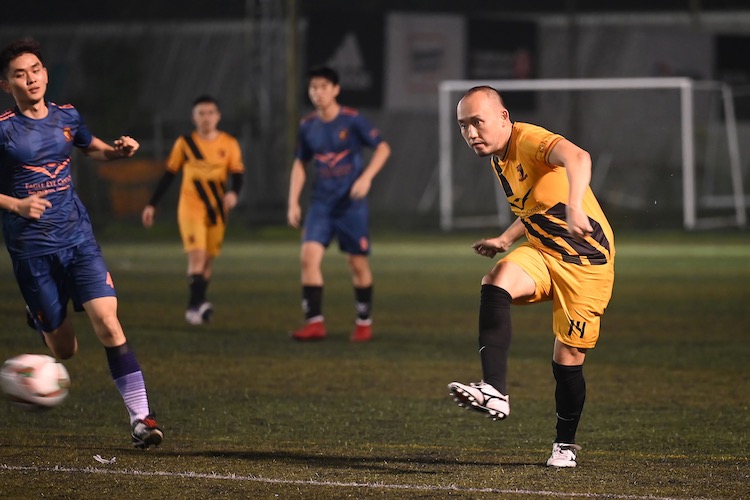
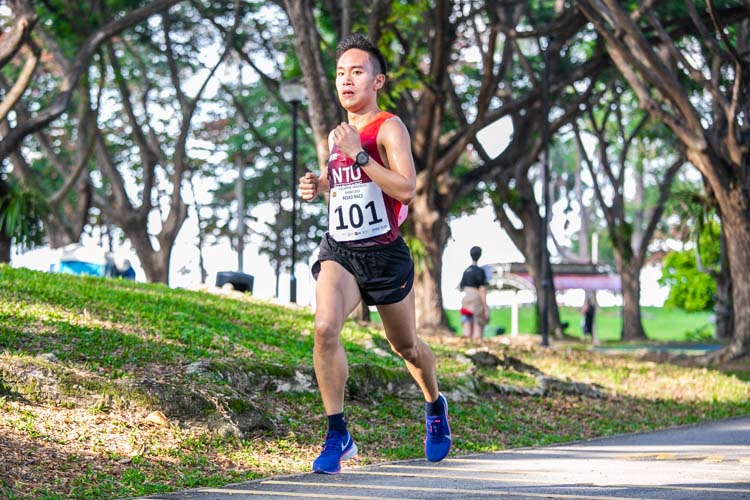
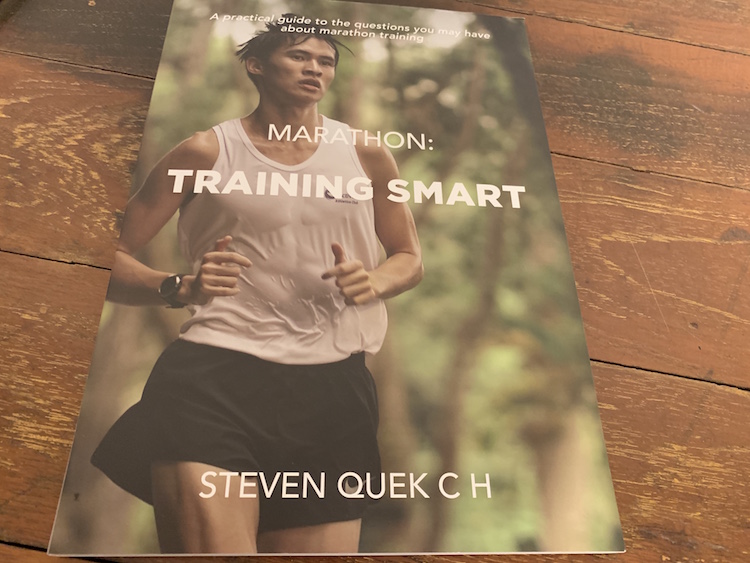
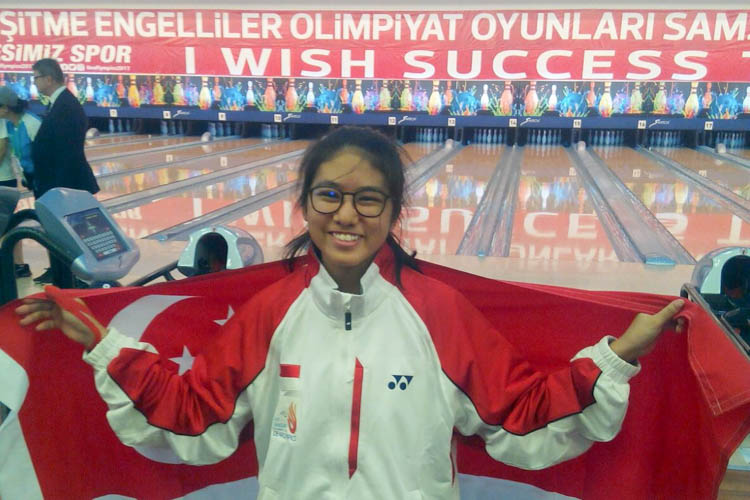
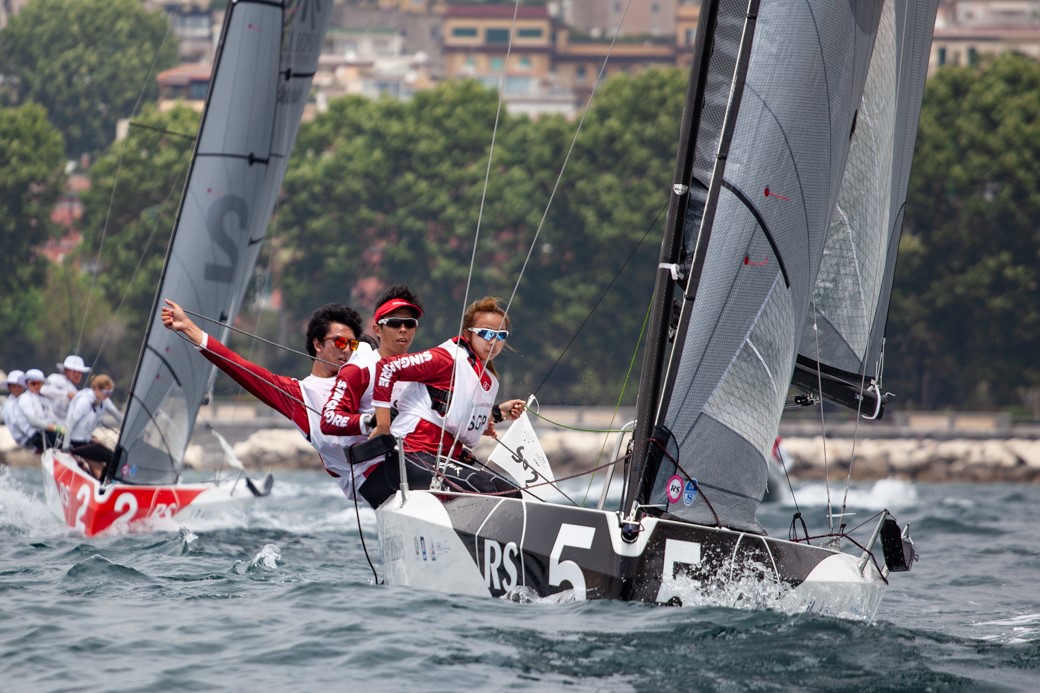
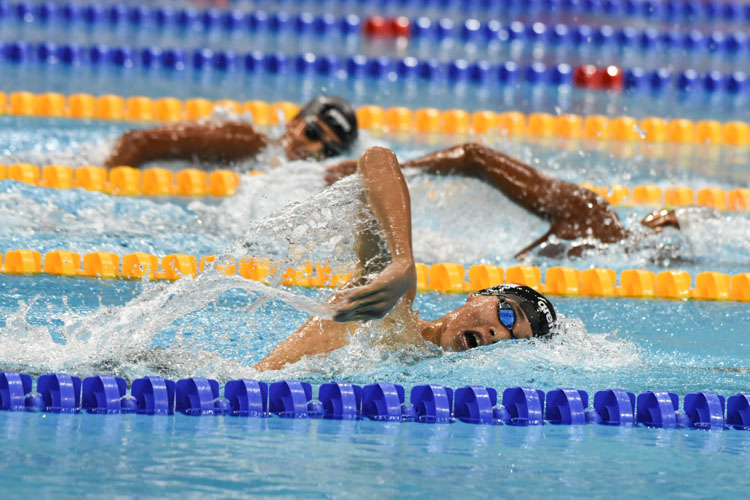
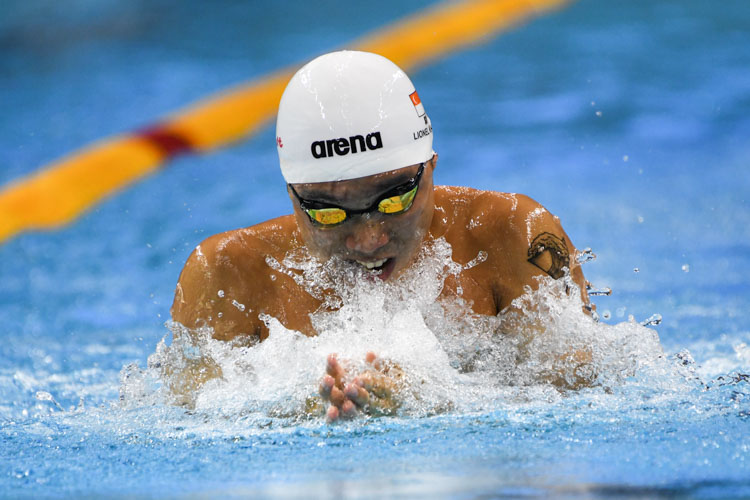

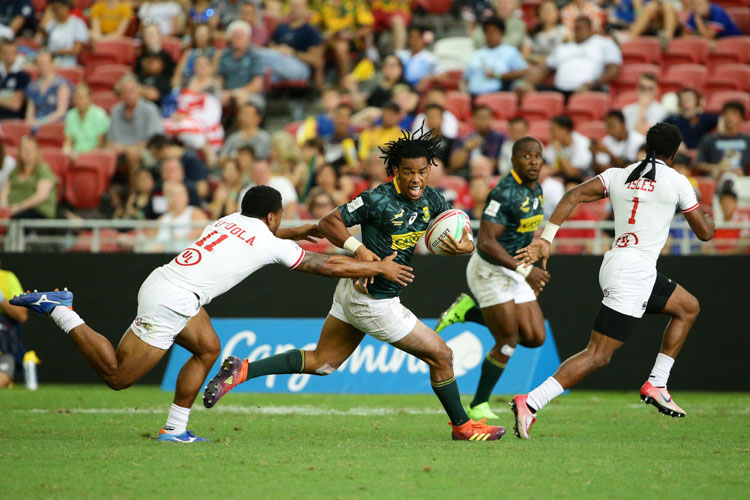
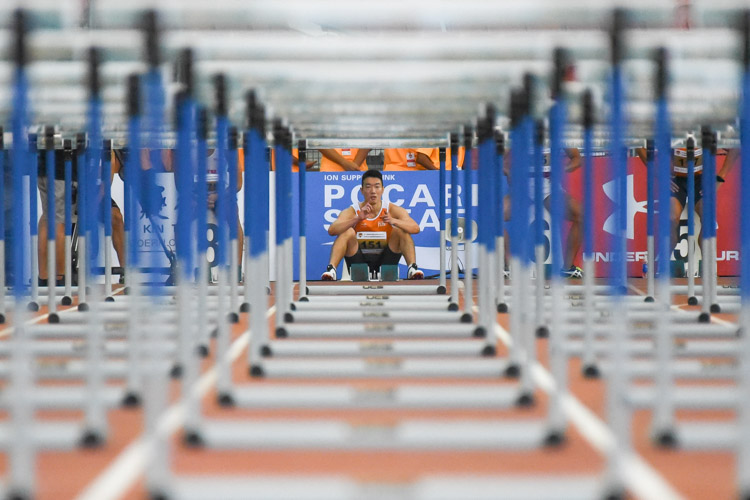
Leave A Comment